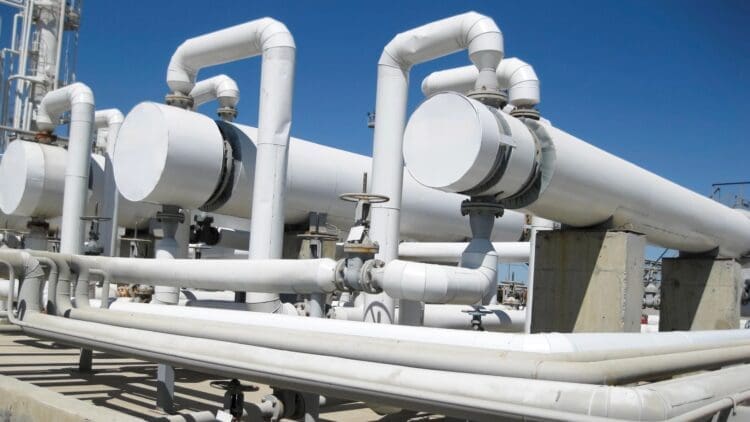As the world is undergoing a transition in the energy sector, several nations still rely on the conventional oil and gas sector to meet exceedingly high energy demand. One such nation is Australia, which has been embroiled in a legal battle over the government’s approval for Woodside to extend its operations at its North West Shelf gas project through 2070. Despite the welcoming environment for the renewable energy sector, the government has delayed the adoption of the sector in favor of the traditional gas industry that has existed for generations.
Australia’s government has given a lifeline to the nation’s oldest and second-largest LNG facility
Australia is among the nations in the region that have delayed the adoption of the renewable energy sector. In 2024, the Australian energy sector saw 36% coming from renewable energy, while conventional fossil fuels accounted for 64%.
Further underscoring that proclivity has been the recent announcement that Australia’s government has approved the extension of Woodside’s North West Shelf gas project through 2070. The site is located in northwestern Australia and comprises an extensive network of offshore gas and oil infrastructure along with an onshore processing facility.
The extension comes with a few, very strict, strings attached
As part of the government’s approval, stricter emission targets have been mandated. The project must cut NOx emissions by up to 60% by 2030, when compared to current levels. Additionally, it will also be required to continuously cut emission rates annually. And lastly, and one might say most crucially, the project needs to achieve net-zero greenhouse gas emissions by 2050.
Along with Woodside, which holds a 33.33% stake in the project, are several partners with extensive experience in the energy sector. Among the partners that hold a shared 16.67% are:
- BP Developments Australia
- Chevron Australia
- Japan Australia LNG (MIMI)
- Shell Australia
Two environmentalist groups have launched a legal battle to challenge the government’s approval to extend the project
For a nation that places such a high importance on its natural beauty, the Australian government has faced significant backlash over its approval for the site to extend operations. So significant in fact that the Australian Conservation Foundation (ACF), and activist group Friends of Australian Rock Art (FARA) have each launched their own legal challenges in the nation’s regional court.
ACF’s general counsel argued that the government did not adequately assess the impact on the environment that extending the project into the future would have.
“This project is the centrepiece of the most polluting gas facility in the southern hemisphere, This gas facility will unleash an estimated 4 billion tonnes of climate pollution over its lifetime — that is equivalent to what the entire population of Australia produces in a decade. The minister decided that the climate change impacts of this project were not relevant to his decision to approve this project.” – ACF’s general counsel, Adam Beeson
FARA’s court case is its second against the project, as the organization has noted that the project poses a threat to indigenous art and the environment. Billions have been invested in the upstream oil and gas sectors as of late. However, that does not alleviate the pressure being placed on Australia’s upstream gas sector by these court filings.
Australia’s upstream gas sector will remain as much a part of its identity as the outback
It must be noted that Australia is not alone in the evident proclivity for the conventional gas and coal sector. Poland recently approved a coal site to continue operations through 2042, providing a lifeline for the sector in Europe. A Woodside spokesperson stated that the company is aware of the pending legal challenges and will defend its position. Time will tell if the court sides with the government and sides with its proclivity for the conventional gas sector or whether it will deliver a win for the environmental groups challenging the extension.






